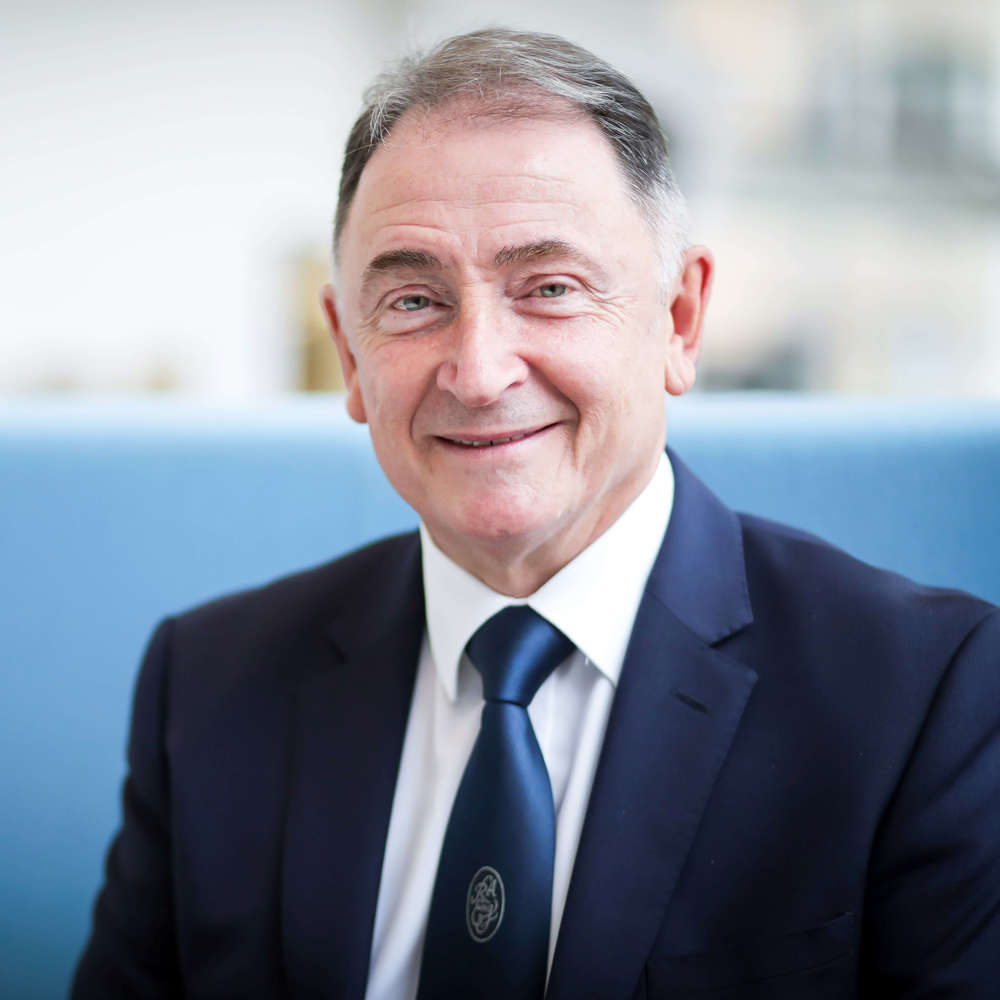
Forum overview
The Academy president welcomed attendees to the 2022 research forum, which brought together Academy Fellows, researchers and industry partners from all career stages and disciplines.
Each year, the forum also shines a spotlight on incredible innovations with the power to change the world. The cutting-edge research represented here highlights the vital role that the Academy plays in supporting the development of successful engineering breakthroughs and collaborating with business to deliver economic and social benefit to the UK.
Catch up on some of the presentations and demonstrations below.
Speaker profiles and image gallery
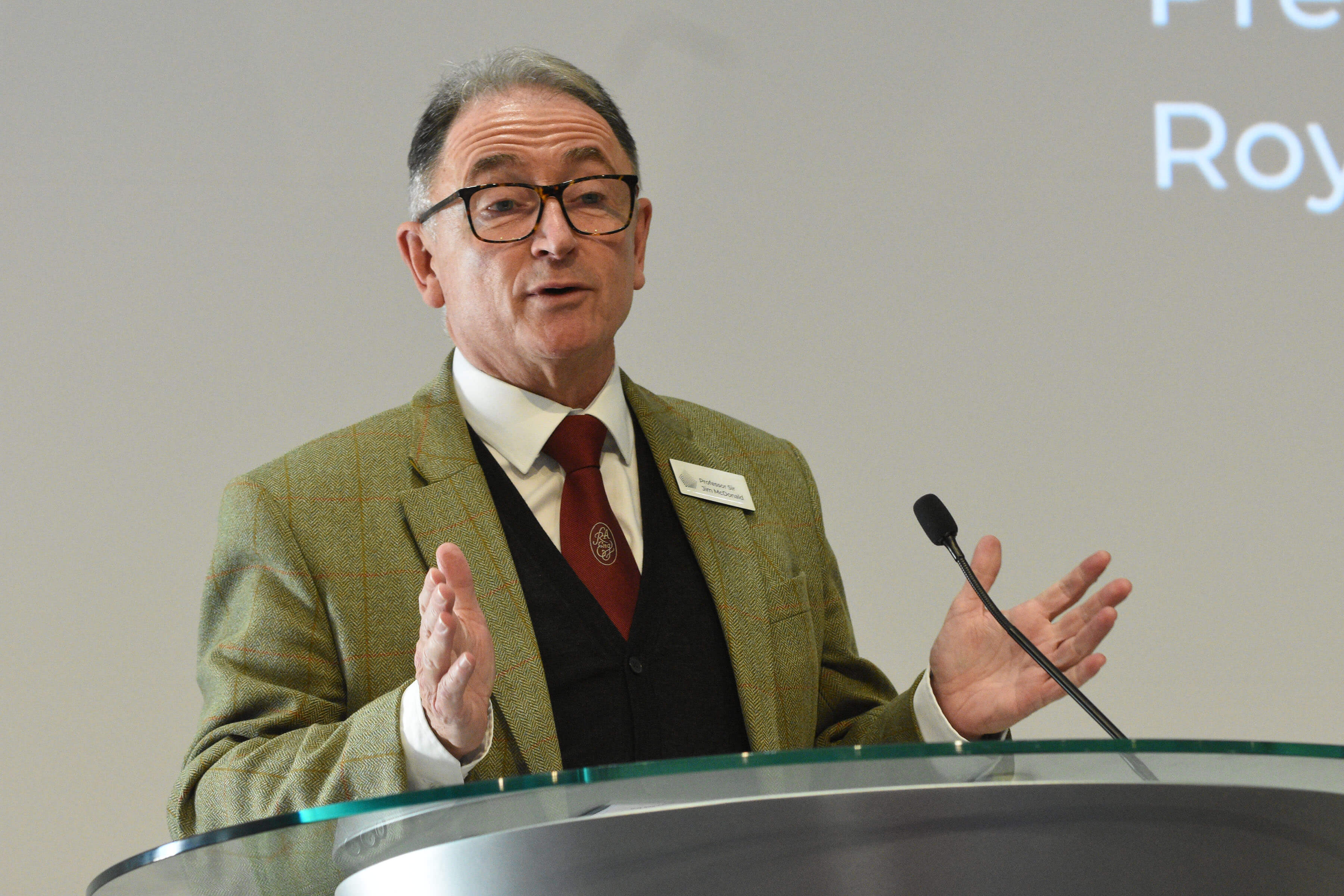
Professor Sir Jim McDonald, Academy President welcomes delegates to the event
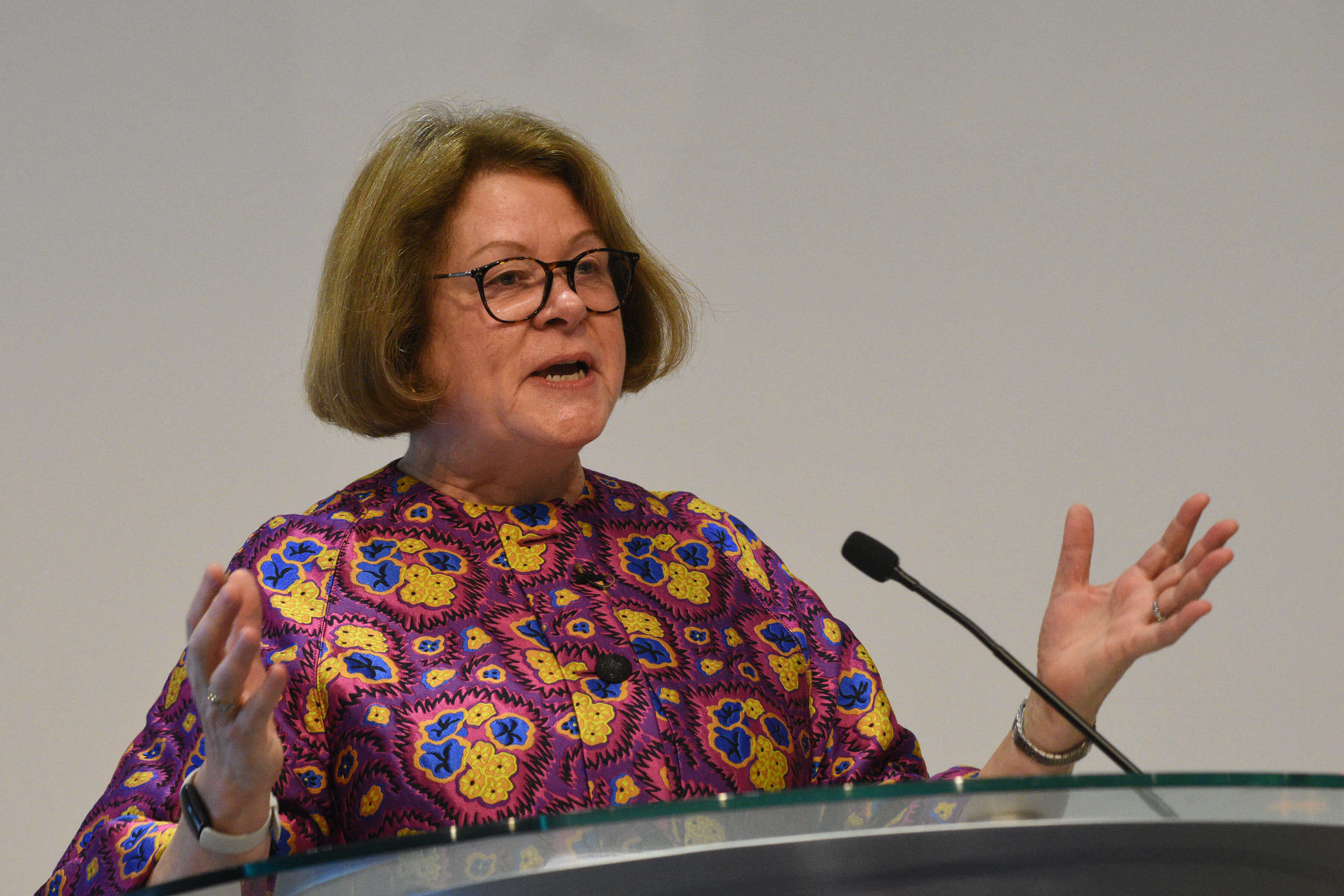
Keynote speaker Baroness Brown of Cambridge speaks about her career
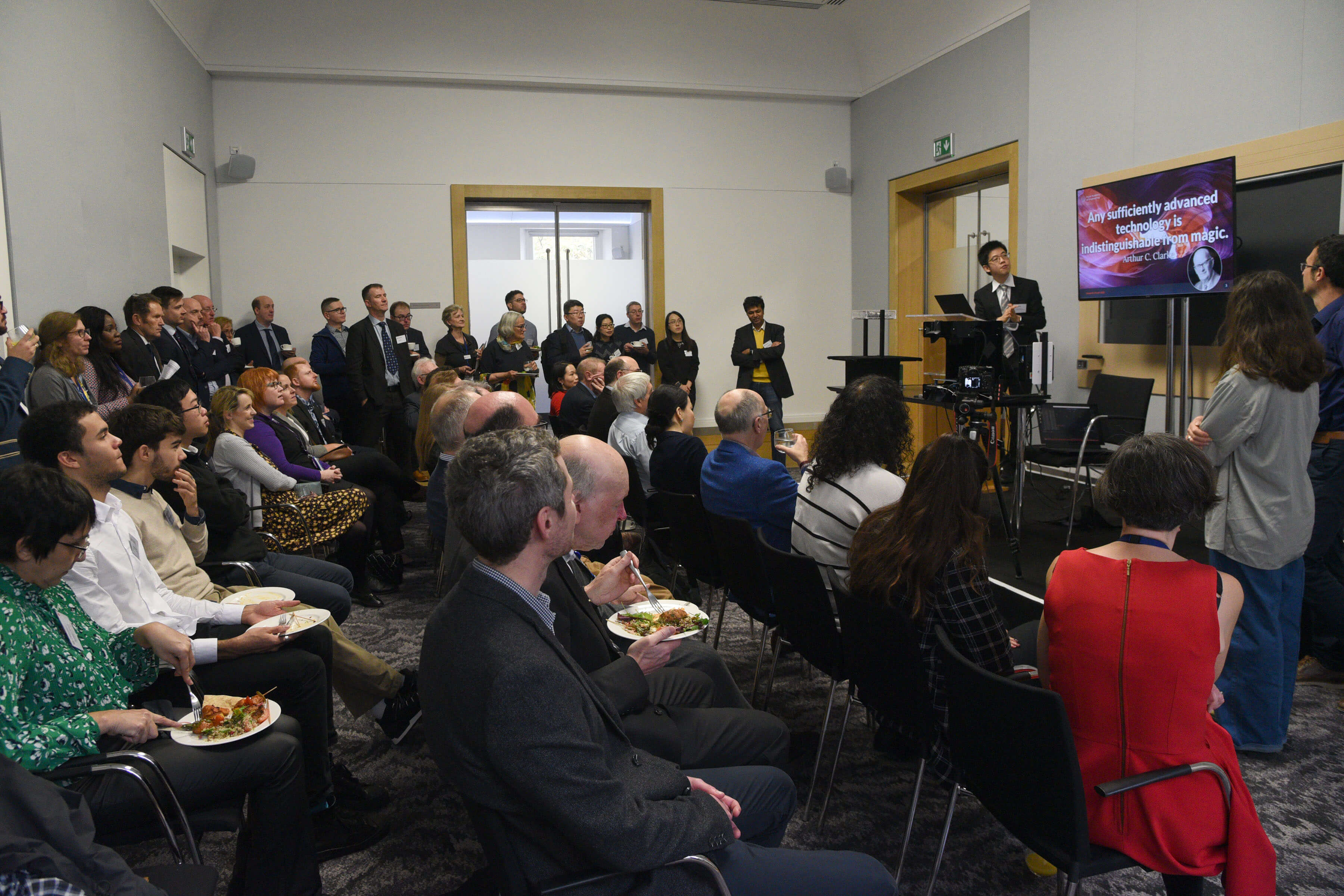
Delegates watch the levitation demonstration given by Professor Sriram Subramanian and his team
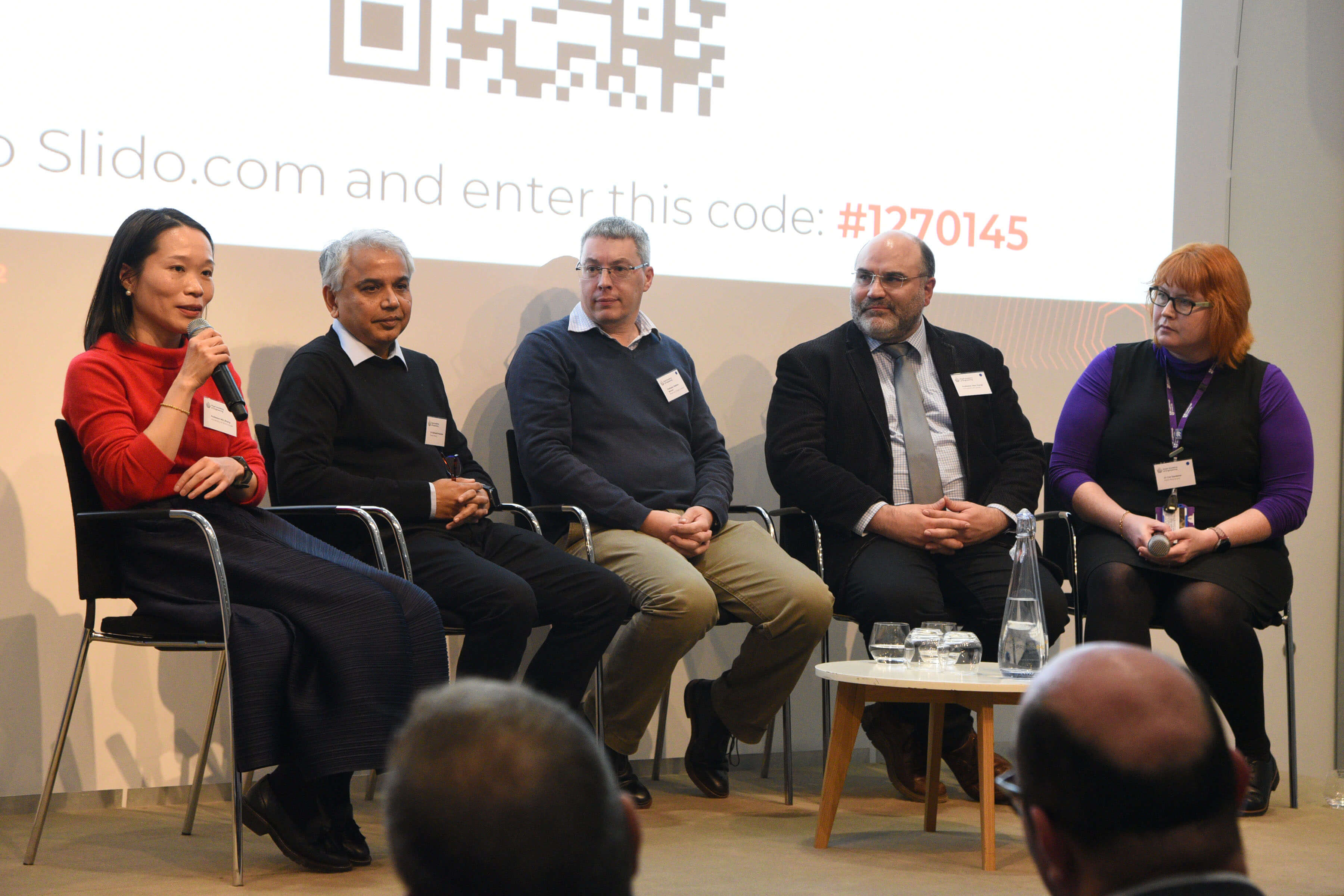
Our speakers Professor Min Zang, Professor Subhasish Mukerjee, Professor Stephen Skinner, Professor Alex Frangi and Dr Cat Gardner take questions from the audience
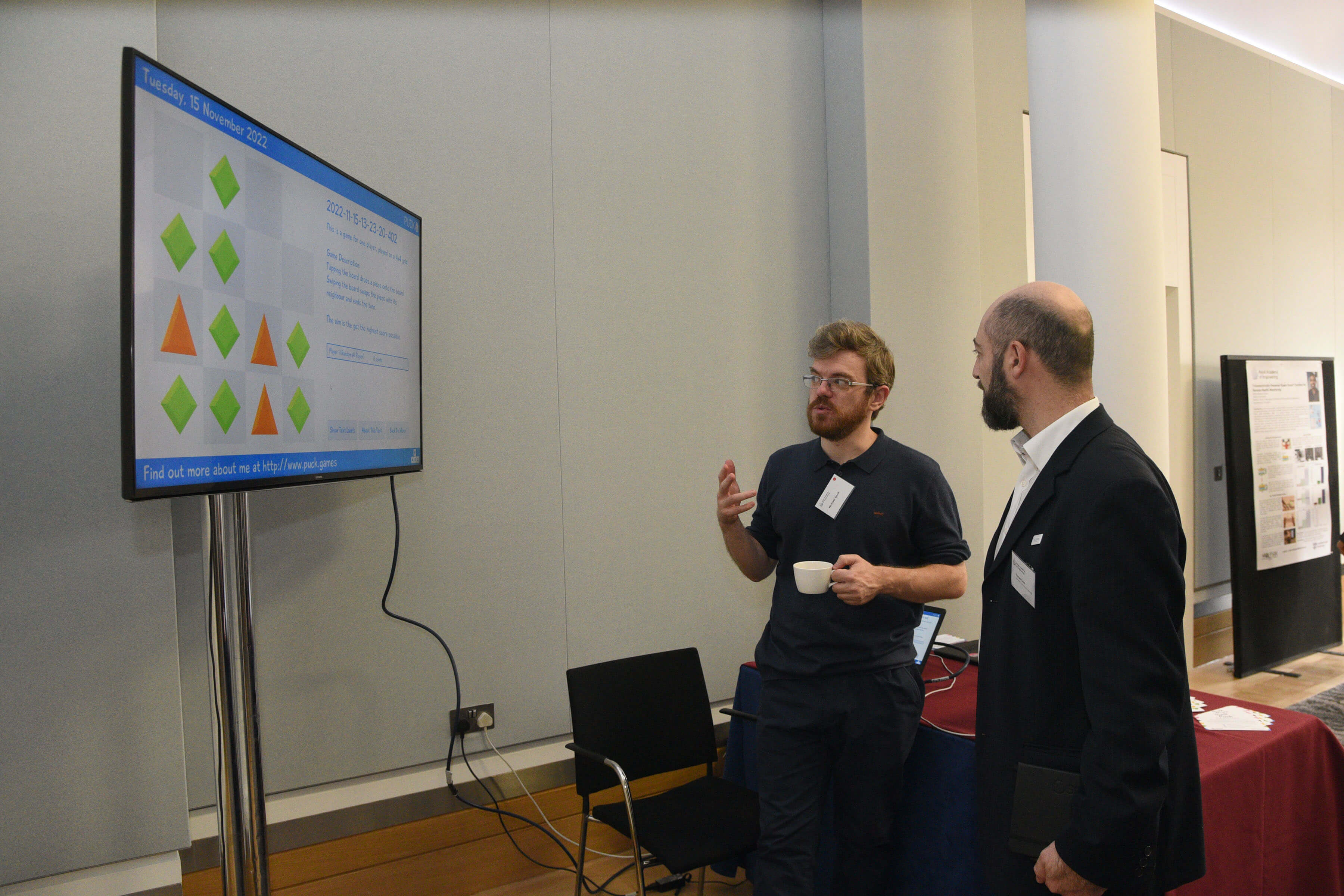
Dr Mike Cook demonstrates Puck, an AI game designer
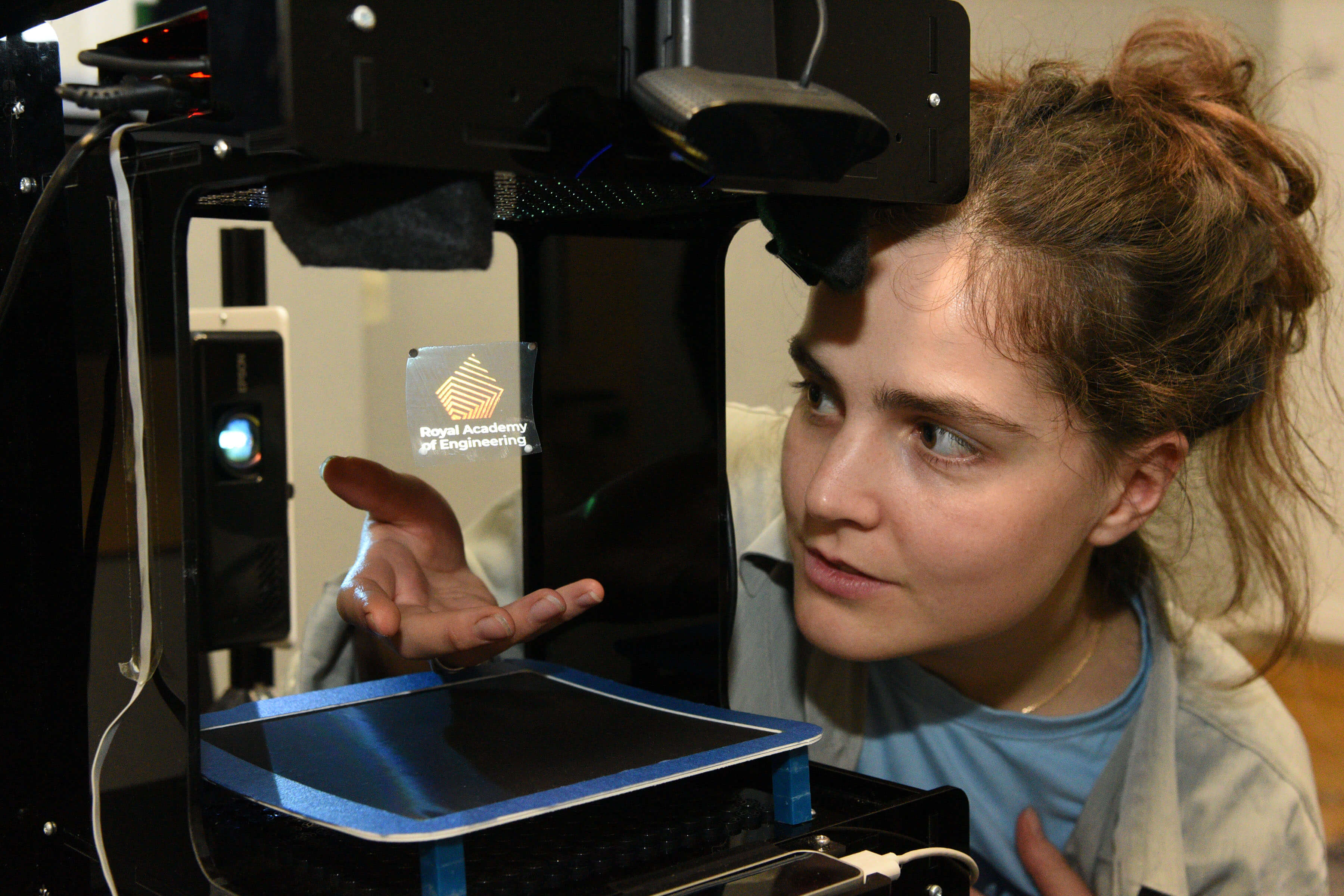
A piece of fabric with the Royal Academy of Engineering logo is levitated using sound waves
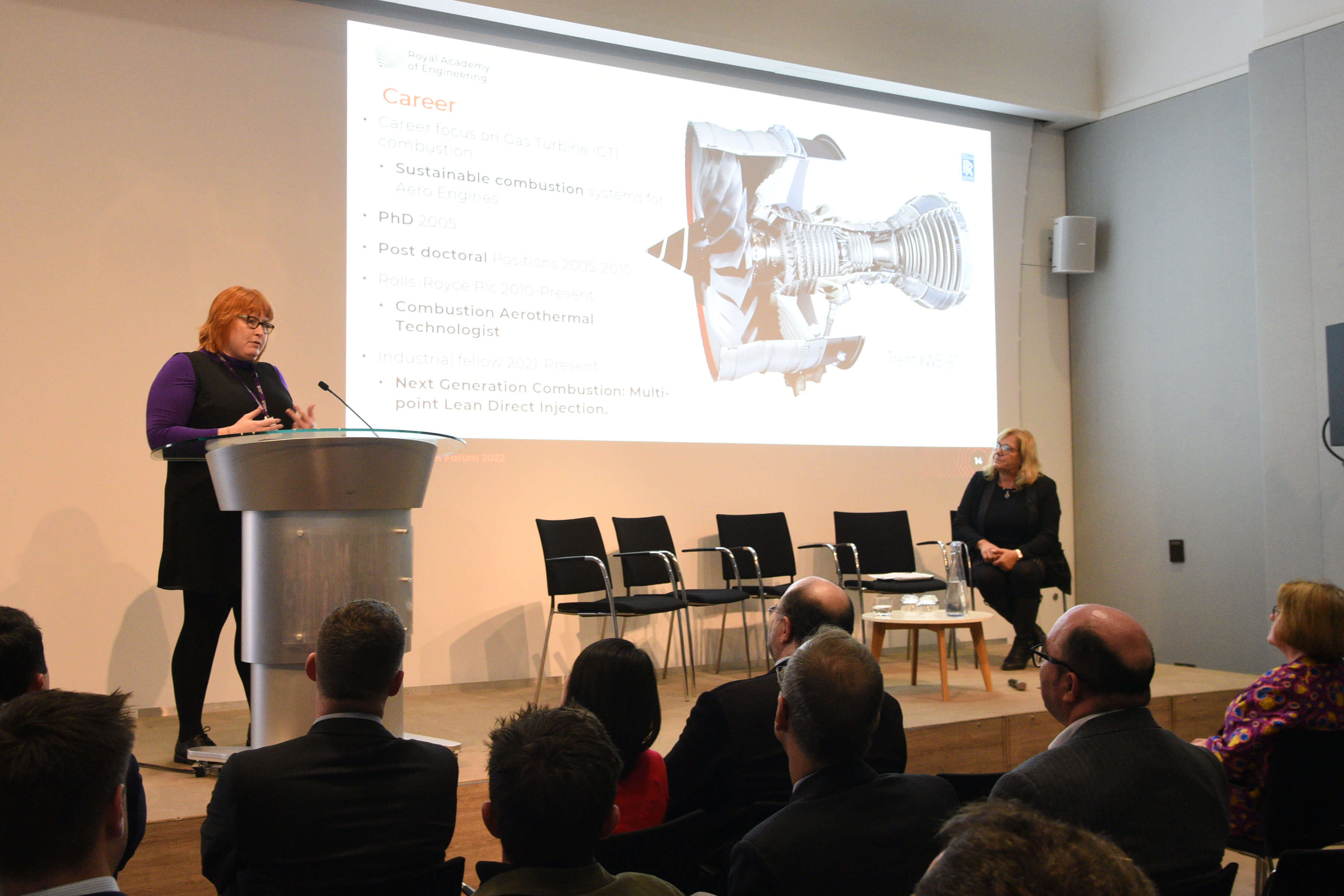
Dr Cat Gardner gives a presentation on her research into Sustainable next generation combustion systems for aero gas turbines
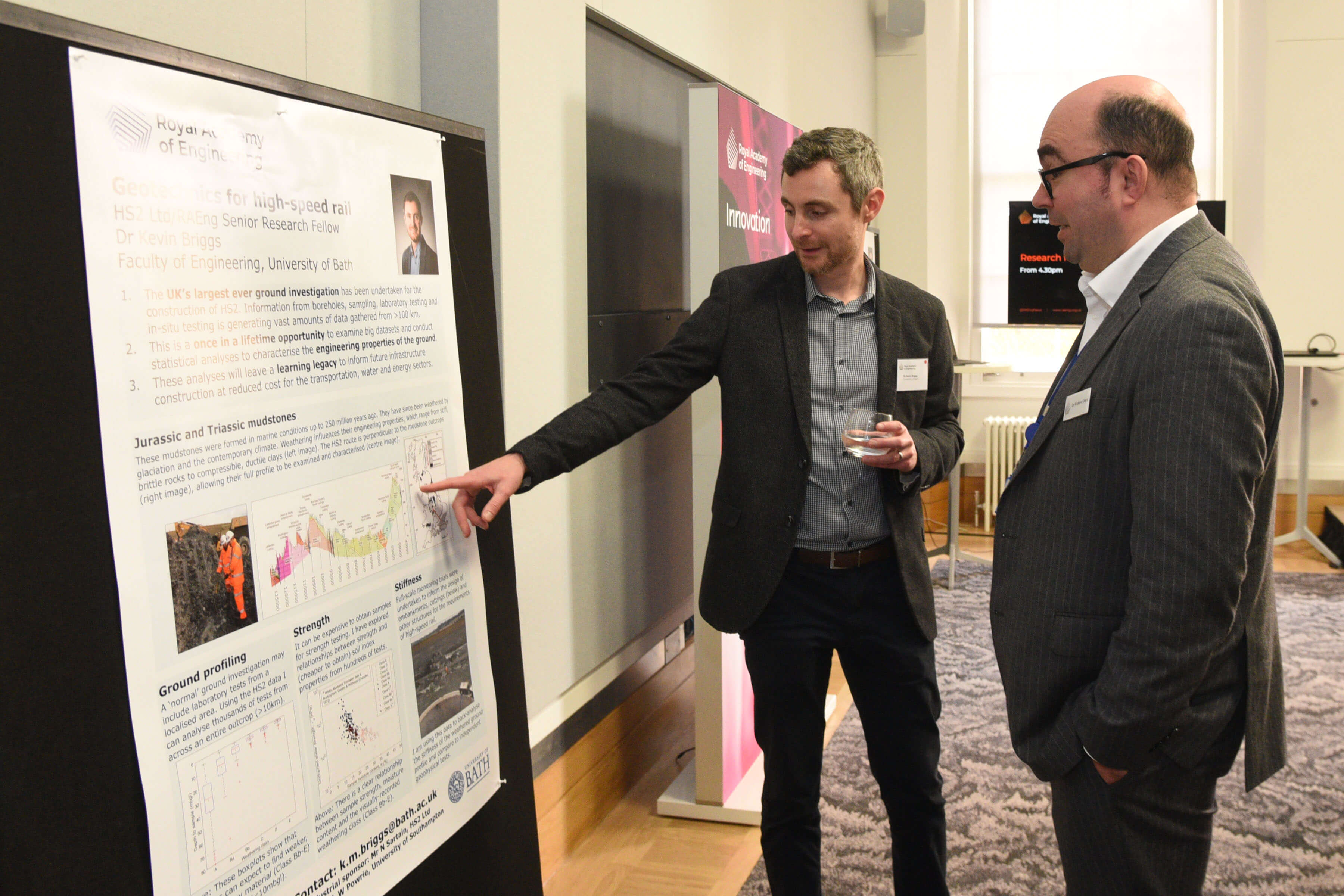
Dr Kevin Briggs discusses his research into geotechnics for high-speed rail
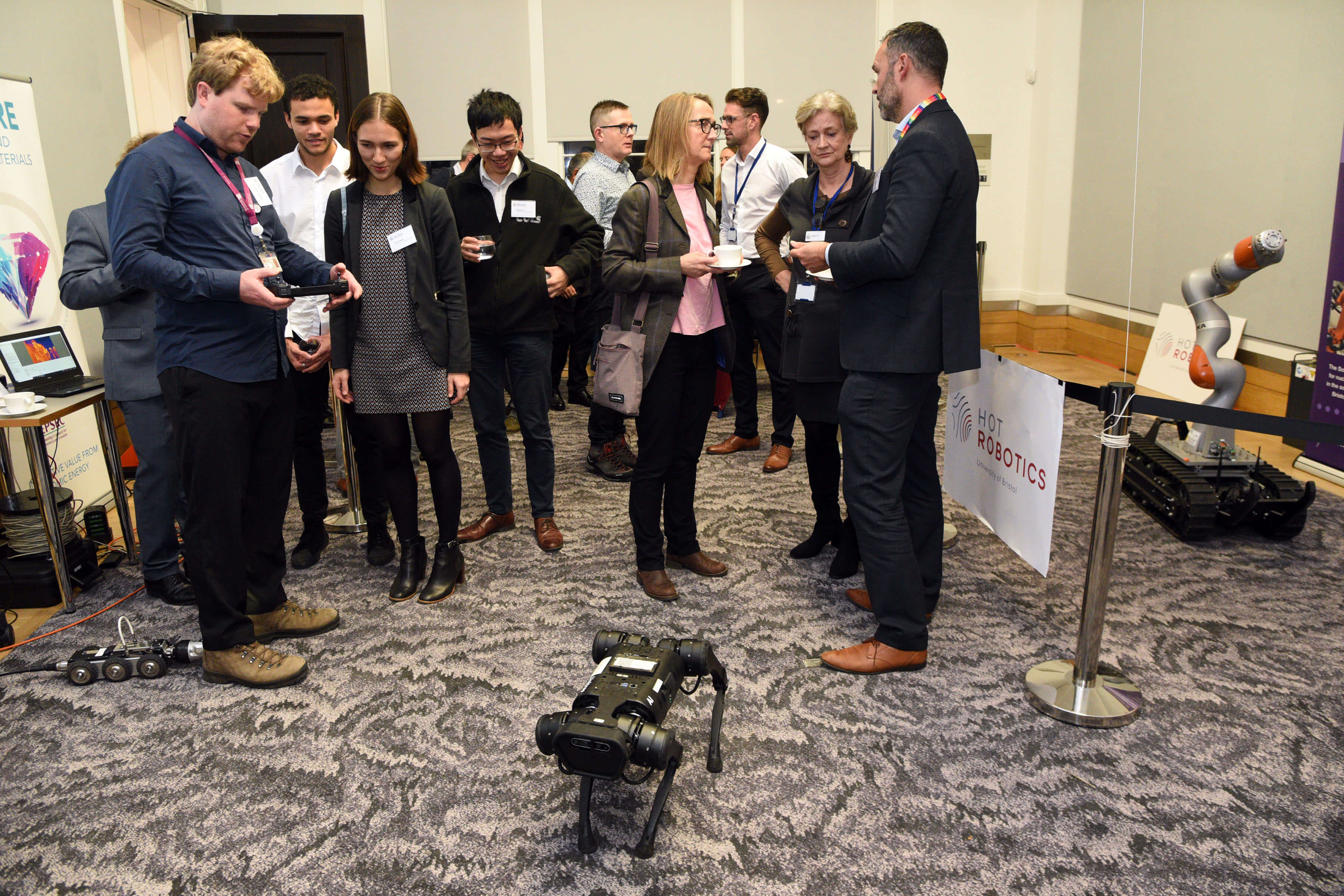
Professor Tom Scott and team demonstrate their robotic tools including the A1 robot dog
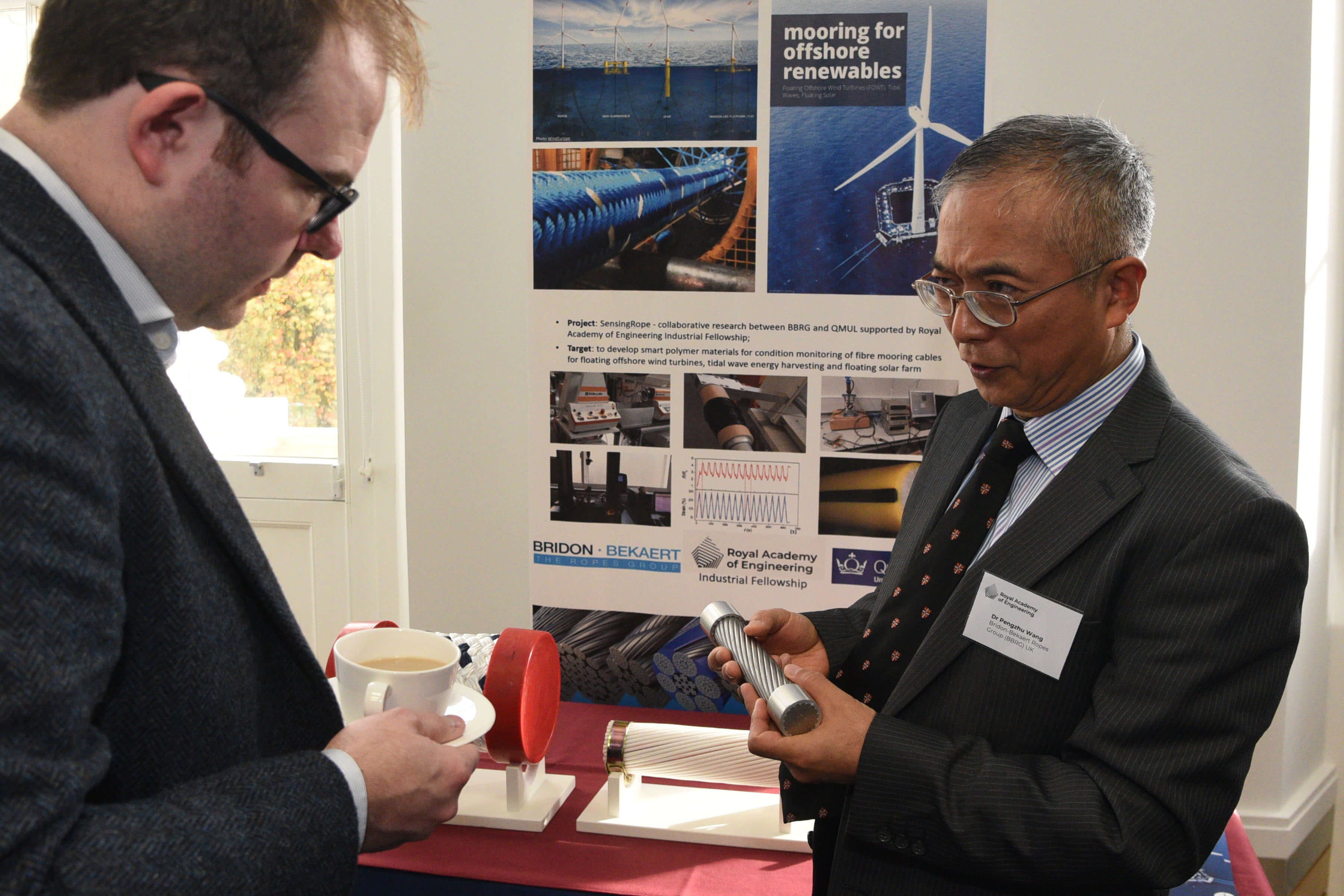
Dr Pengzhu Wang showcases smart cables being developed for use in offshore wind turbines
Keynote speaker

Baroness Brown of Cambridge DBE FREng FRS
Baroness Brown was the Academy’s (then known as the Fellowship of Engineering) first Senior Research Fellow, sponsored by British Gas. She subsequently spent eight years in senior engineering and executive roles at Rolls-Royce plc and two years as Chief Executive of the Institute of Physics, before returning to academia as principal of the engineering faculty at Imperial College London in 2004. She was Vice-Chancellor of Aston University from 2006 to 2016.
She now sits as a crossbench Peer in the House of Lords and Chairs the Science and Technology Select Committee. Baroness Brown’s interests include climate change adaptation and mitigation and the low carbon economy. She was deputy Chair of the Climate Change Committee from 2008 to 2021 and continues to chair its Adaptation Committee. She is a Non-Executive Director of Ørsted and Ceres Power, and chairs the Carbon Trust and STEM Learning Ltd.
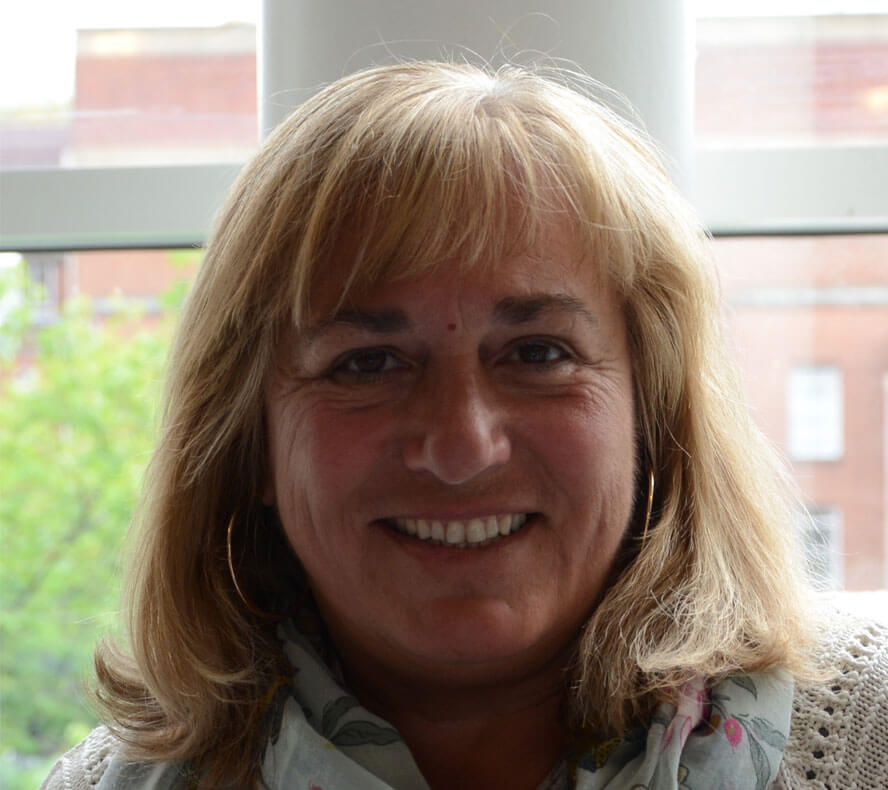
Professor Alicia El Haj FREng
Interdisciplinary Professor of Cell Engineering at the University of Birmingham and Director of the Institute of Translational Medicine at the University of Birmingham
Professor Alicia El Haj is a leading figure in bioengineering and regenerative medicine. She has brought together interdisciplinary groups that are interested in aspects of cell and tissue engineering and regenerative medicine with the aim of moving innovative new cell-based therapies to the clinic. She was awarded a Royal Society Merit Award and the IOM3 Chapman medal in 2021 for major contribution towards translation of biomedical materials into healthcare. In March 2015, she was awarded the MRC Suffrage Award for her role in leading women in STEM. Alicia actively engages in public events having presented the Royal Society Summer Science Exhibition in 2022 on ‘Remote Control Healing ‘and at the ‘Next Big Thing’ at the Hay Festival 2017. She is a Director of a spin out MICA Biosystems which is on route to clinic with her cell therapy enabling platforms.
10 minute presentations from each awardee followed by a Q&A.
Time: 3.05
Room: Al Qasimi
Chair: Professor Alicia El Haj FREng
Sustainable Next Generation Combustion Systems for Aero Gas Turbines
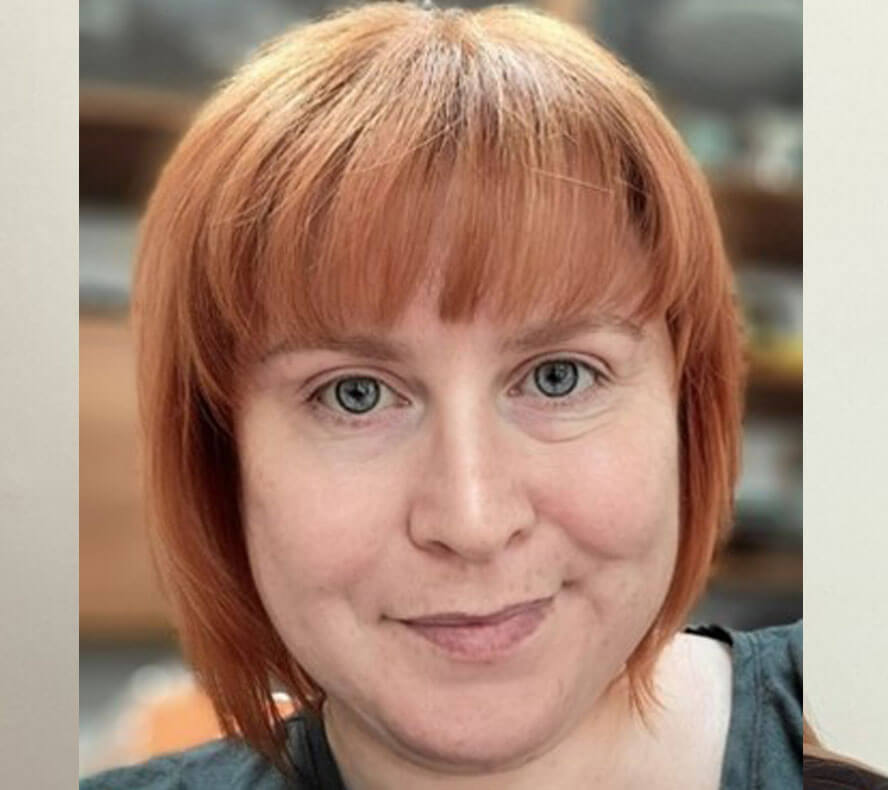
Dr Cat Gardner, Rolls-Royce Plc and Loughborough University
Combustion Aerothermal Technologist, Royal Academy of Engineering Industrial Fellow
With her partners at Loughborough University, Dr Cat Gardner is developing novel and ambitious concepts for future aero gas turbine combustors, while maintaining today's high standards of operability and reliability. This project supports the decarbonisation of air travel as part of the aviation industry’s commitment to reducing emissions and achieving net zero carbon by 2050.
Intelligent Medical Device Innovation
Professor Alejandro F Frangi, University of Leeds
Diamond Jubilee Chair in Computational Medicine at the University of Leeds and
Royal Academy of Engineering Chair in Emerging Technologies
Professor Alejandro Frangi has joint appointments at the University of Leeds’ School of Computing and the School of Medicine. He directs the CISTIB Center for Computational Imaging and Simulation Technologies in Biomedicine and is a Turing Fellow of the Alan Turing Institute. Professor Frangi is the Scientific Director of the Leeds Centre for HealthTech Innovation and Director of Research and Innovation of the Leeds Institute for Data Analytics. He holds an Honorary Chair in KU Leuven in the Departments of Electrical Engineering and Cardiovascular Sciences.
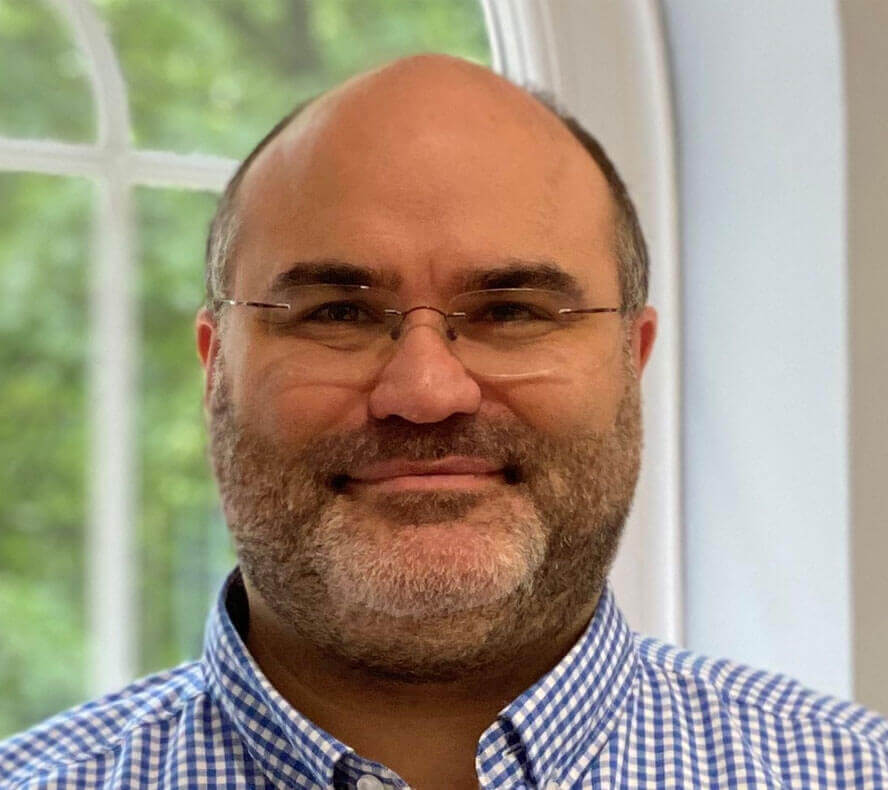
Fully superconducting machine for zero emission aviation
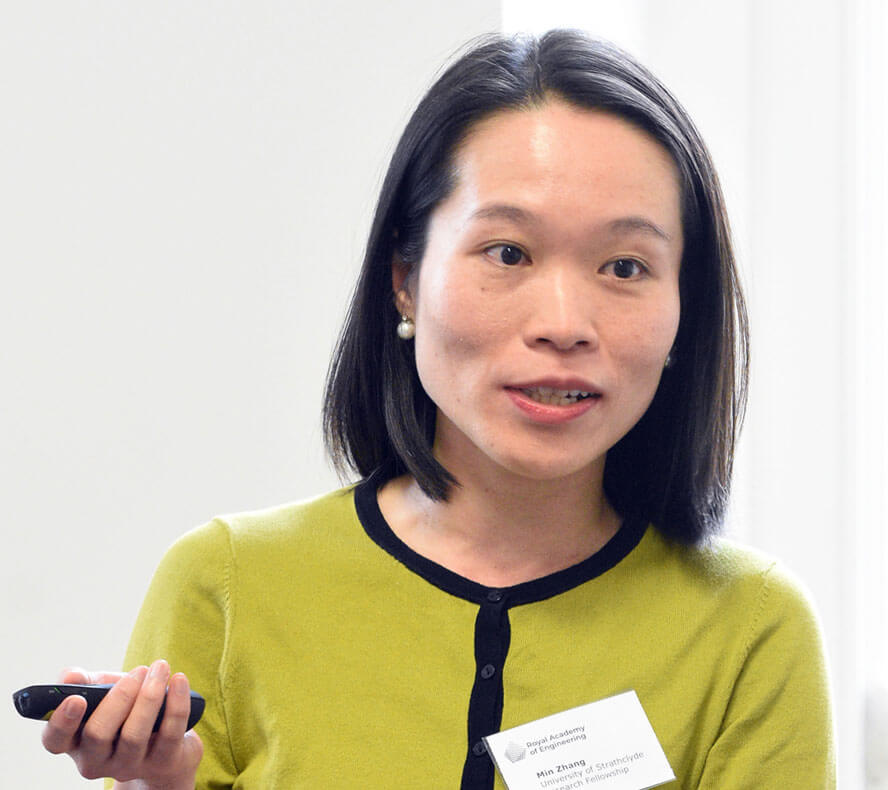
Professor Min Zhang, University of Strathclyde
Royal Academy of Engineering Research Fellow, Fully superconducting machines for next generation electric aircraft propulsion
Professor Min Zhang obtained her PhD from the University of Cambridge on Applied Superconductivity. Her research focuses on the application of advanced superconductors to enable zero emission aviation and fusion generation. Professor Zhang held a Royal Academy of Engineering Research Fellowship between 2017 and 2022 on the topic of fully superconducting machines for next-generation zero emission aircraft. She currently leads the Applied Superconductivity Laboratory at the University of Strathclyde and in December 2021 became the first-ever woman to be appointed a professor in the Department of Electronic and Electrical Engineering.
Materials Engineering approaches to realise net zero energy solutions
Professor Stephen Skinner, Imperial College London
Ceres Power Ltd / Royal Academy of Engineering Research Chair in Electrochemical Devices for a Zero Carbon Economy
Professor Stephen Skinner’s research focuses on the development of new ion-conducting materials for electrochemical technologies including electrolysers, fuel cells and batteries. His work links the structure and chemistry of materials under operating conditions using a suite of advanced tools including diffraction, microscopy and spectroscopy combined with isotopic labelling.
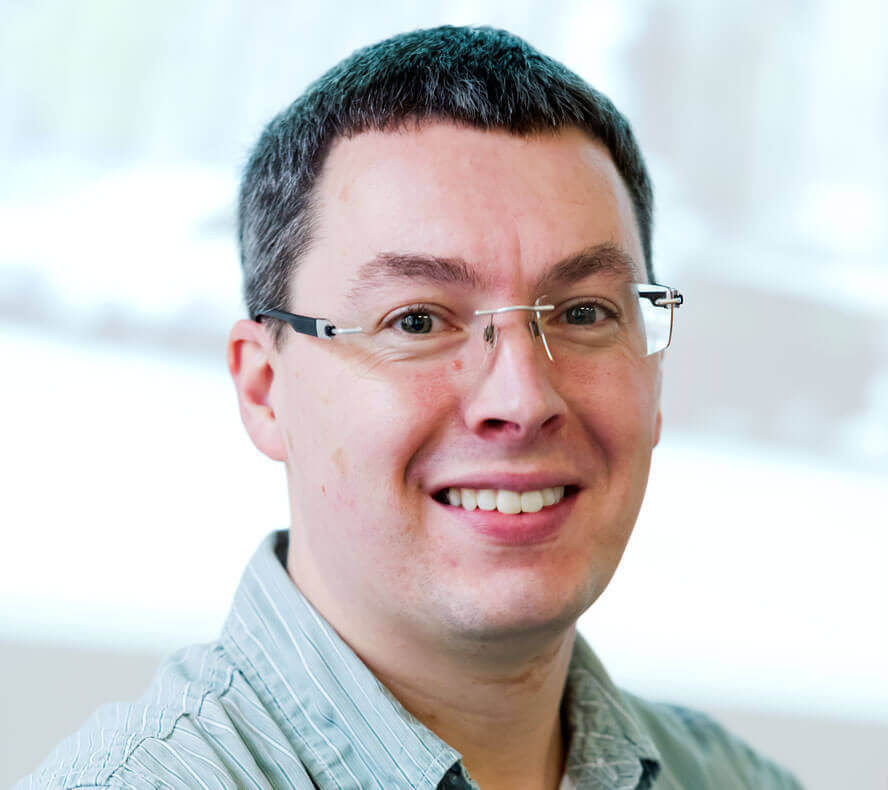
Professor Subhasish Mukerjee
Professor Subhasish Mukerjeeis the Chief Scientific Officer at Ceres, a world leading clean energy technology company in the UK. He is also a visiting professor at Imperial College. Prof. Mukerjee has more than 24 years’ experience in clean energy technologies and has worked previously at BP and at Delphi Corporation. He gained his PhD at Yale University and postdoctoral fellowship at Harvard University.
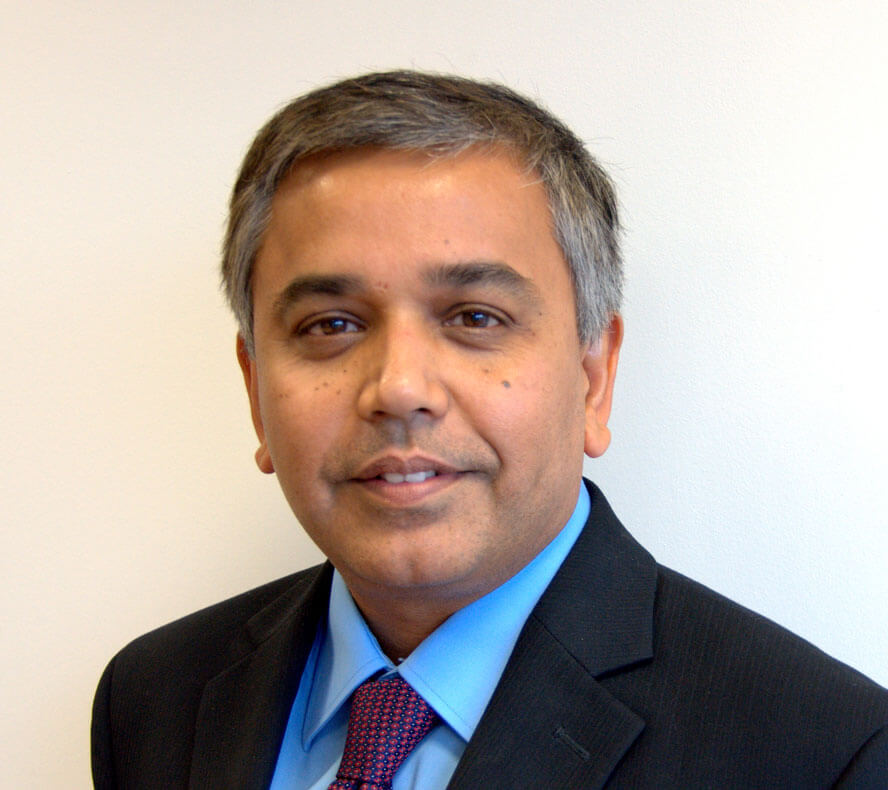
Time: 4.30-5.00pm
Room: National Grid
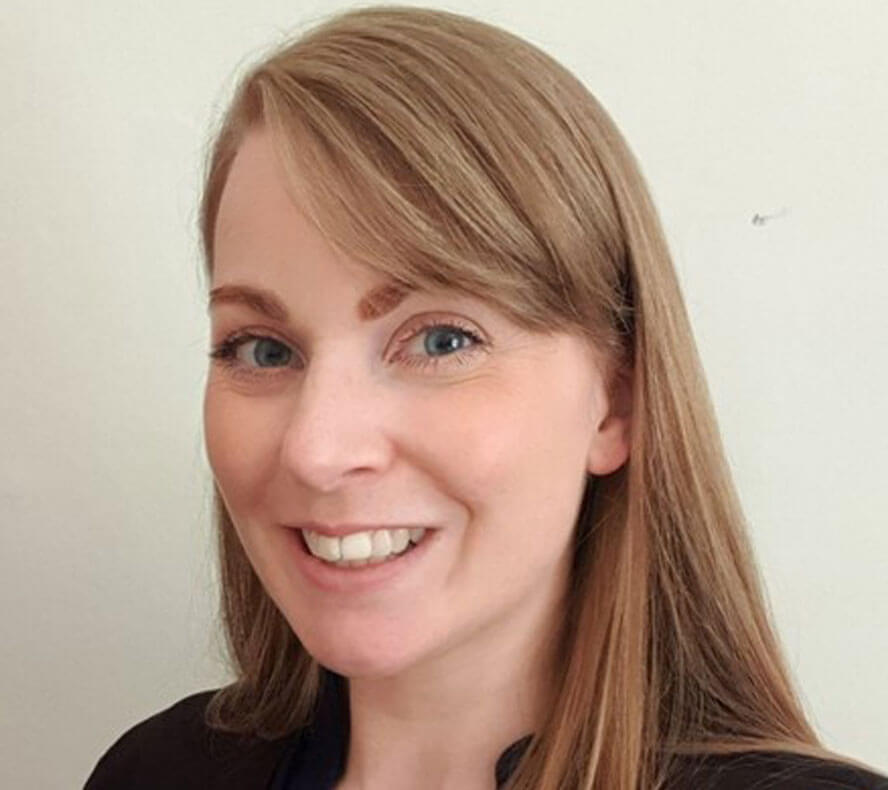
Dr Amy Gandy
Dr Amy Gandy is Senior Lecturer in Nuclear Materials Engineering and Director of Postgraduate Taught Courses in the Department of Materials Science & Engineering at the University of Sheffield. She has 19 years’ experience investigating radiation effects and defect formation in inorganic materials, using a range of microscopy, diffraction and spectroscopy techniques to characterise materials from the atomic through to the macro-scale. Her research is currently focused on developing materials for fusion energy.
Dr Raziyeh Farmani
Raziyeh Farmani is a Professor of Water Engineering and Industrial Fellow of Royal Academy of Engineering at Centre for Water Systems, University of Exeter, UK. She is the Chair of IWA’s Intermittent Water Supply Specialist Group. She is currently Director of the EPSRC Water Informatics Science and Engineering (WISE) Centre for Doctoral Training. Her research interests cover interdisciplinary field of Hydroinformatics including artificial intelligence, data mining and optimisation techniques and their application for real-time control for smart water systems, asset deterioration modelling, leakage management, energy management, and sustainability and resilience issues.
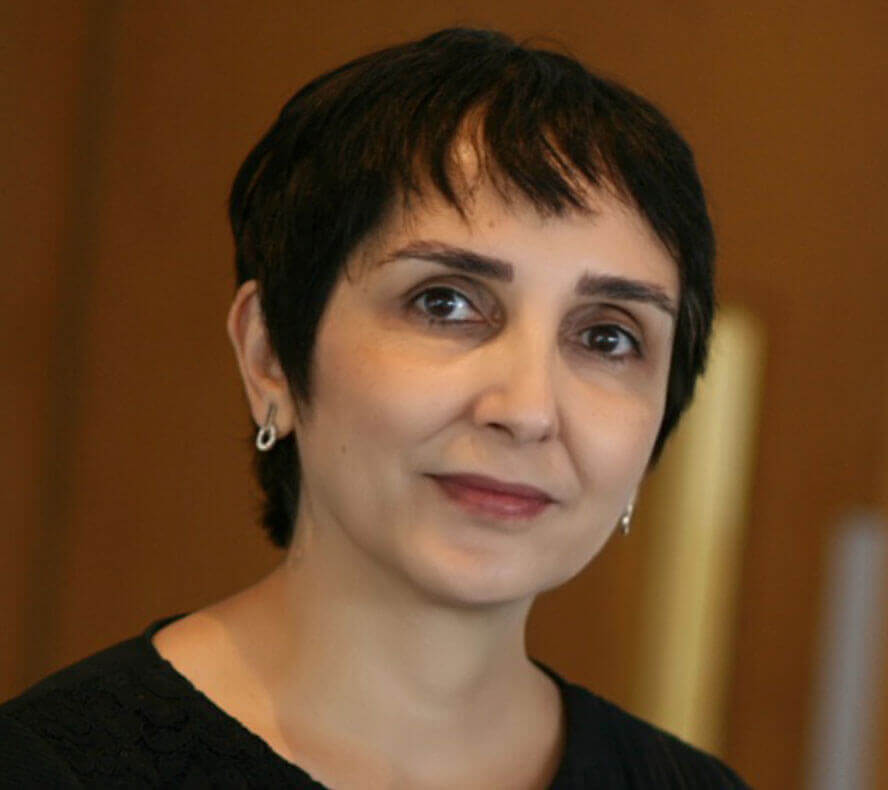
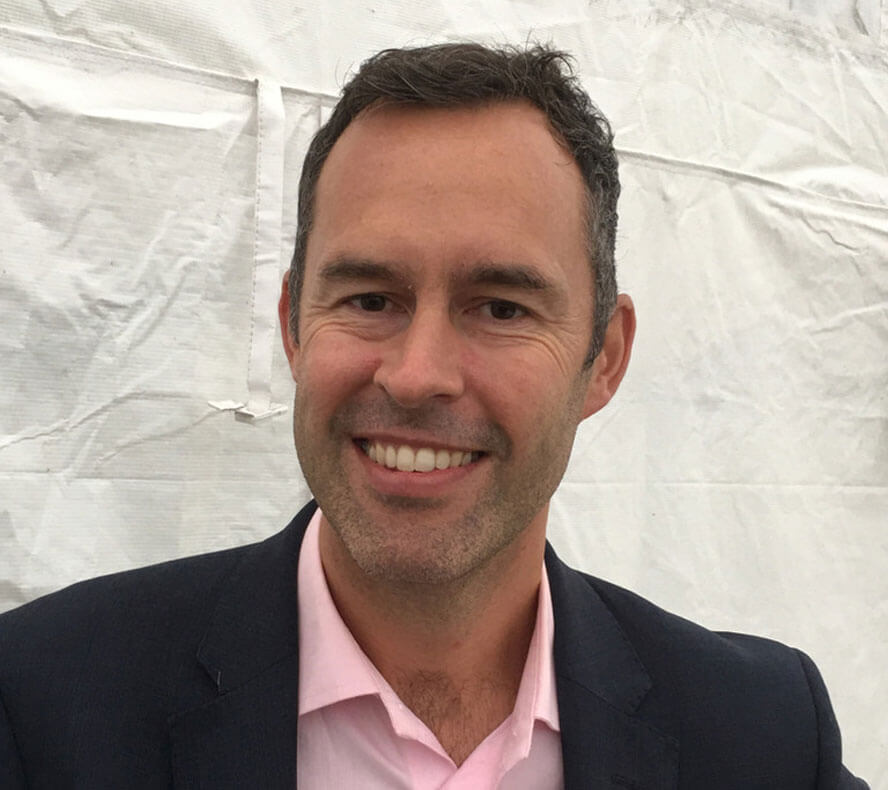
Professor Tom Scott
Royal Academy of Engineering Professor of Materials and Devices at the University of Bristol and co-Director (Science) of the South West Nuclear Hub.
Prof Scott's research expertise is in the detection and characterisation of nuclear materials, to aid prediction of their behaviour in engineered and environmental scenarios. This includes a specific strand of activity relating to nuclear robotics and sensors. He works closely with the nuclear industry in the UK and overseas to deliver characterisation and decontamination solutions for nuclear decommissioning.
He is the academic lead for the Sellafield UK Centre of Expertise for Uranium and Reactive Metals and has been Director of the Interface Analysis Centre (IAC) in the School of Physics for over 10 years, and is also academic lead for the National Nuclear User Facility for Hot Robotics.
Exhibition and demonstrations
This years' demonstrations included work by research teams from UCL, King's college London and University of Bristol's Interface Analysis Centre . The short videos below, demonstrate technology to levitate objects, robotic dogs and tools for use in nuclear environments and an automated game designer that uses AI.
Find out more about each presenter and their research projects in the section under the video player.
Demonstrations: Presenters and related content
Robots
Professor Tom Scott and team
Led by Professor Tom Scott and Dr Peter Martin a team of PhD students and Post-Doctoral Researchers working in nuclear materials and robotics University of Bristol's Interface Analysis Centre will be demonstrating a selection of robotic tools, which they employ to deliver ground-breaking research in robotics and artificial intelligence, for application in extreme and challenging nuclear environments.
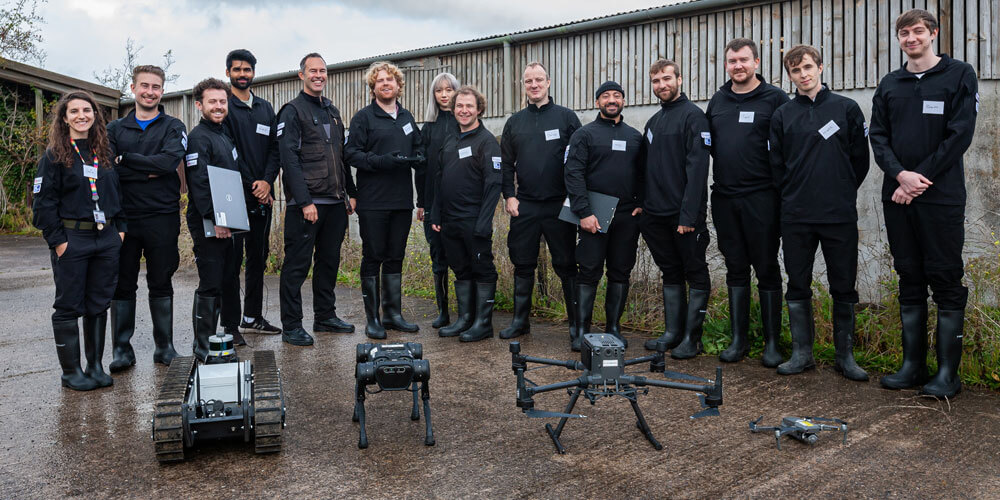
Professor Tom Scott and research team, University of Bristol's Interface Analysis Centre
Professor Tom Scott
Royal Academy of Engineering Professor of Materials and Devices at the University of Bristol and co-Director (Science) of the South West Nuclear Hub.
Prof Scott's research expertise is in the detection and characterisation of nuclear materials, to aid prediction of their behaviour in engineered and environmental scenarios. This includes a specific strand of activity relating to nuclear robotics and sensors. He works closely with the nuclear industry in the UK and overseas to deliver characterisation and decontamination solutions for nuclear decommissioning.
He is the academic lead for the Sellafield UK Centre of Expertise for Uranium and Reactive Metals and has been Director of the Interface Analysis Centre (IAC) in the School of Physics for over 10 years, and is also academic lead for the National Nuclear User Facility for Hot Robotics.

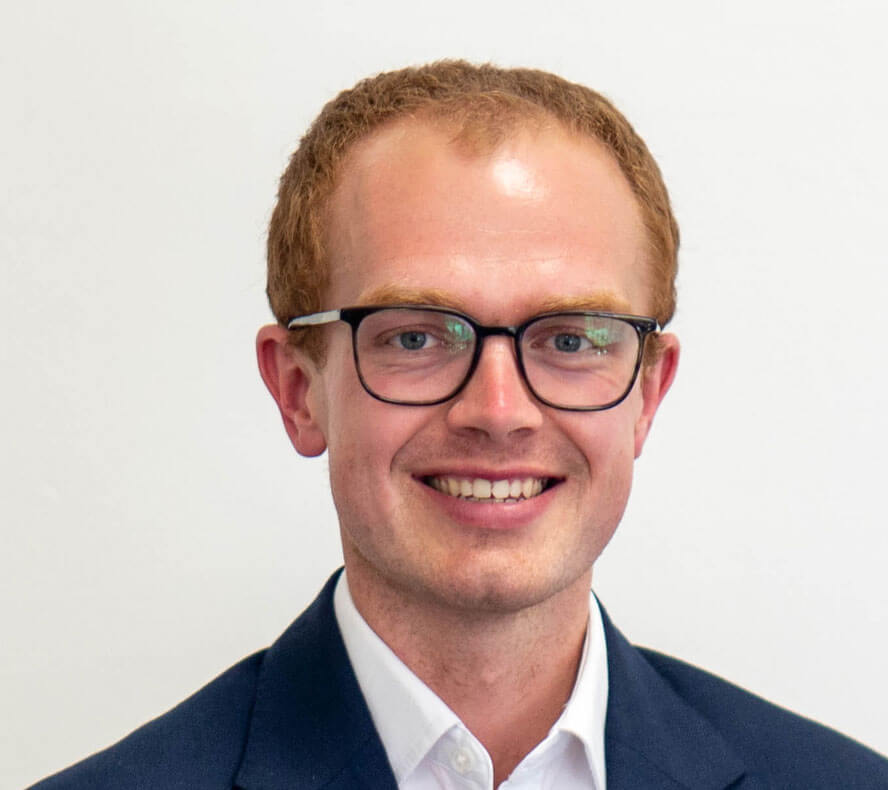
Dr Peter Martin
Royal Academy of Engineering Research Fellow at the University of Bristol
Dr Martin is an expert in nuclear energy, radiation detection, and reactor accidents, with his research centred around radiation detection and nuclear materials analysis, with current projects in the UK, USA, Japan and Ukraine.
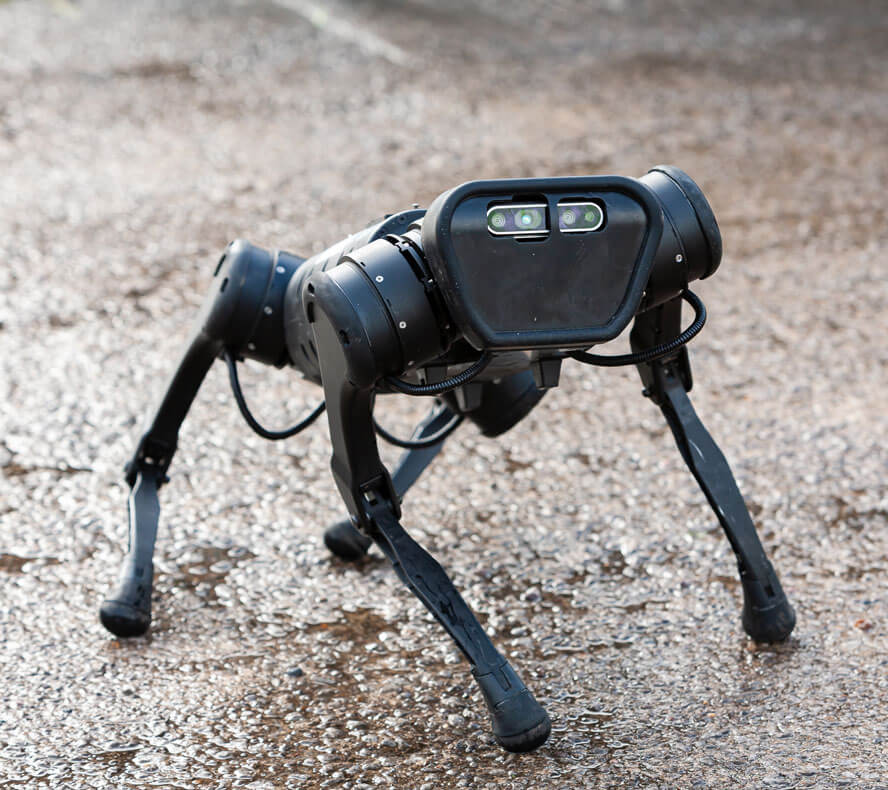
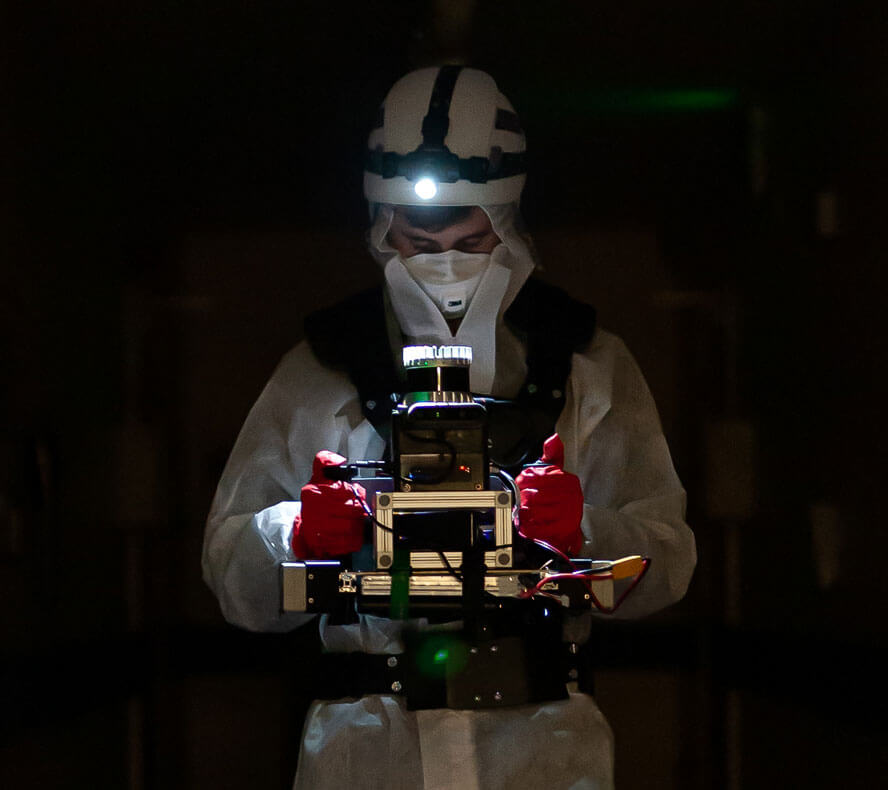
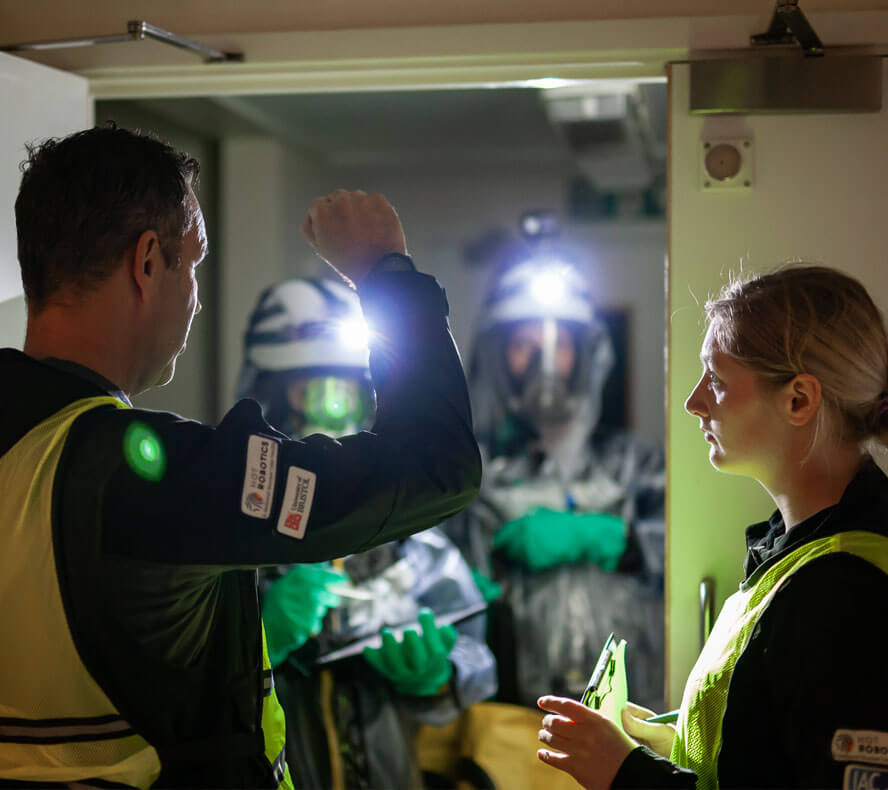
Puck: AI game designer
Dr Mike Cook
Michael Cook is an AI researcher and game designer, currently working as a Senior Lecturer at King's College London. He studies how AI can model creativity, especially game design, and how we can use those models to build creative AI, or tools that help people explore their own creativity. You can come and see his most recent AI game designer, Puck, working live at the Research Forum
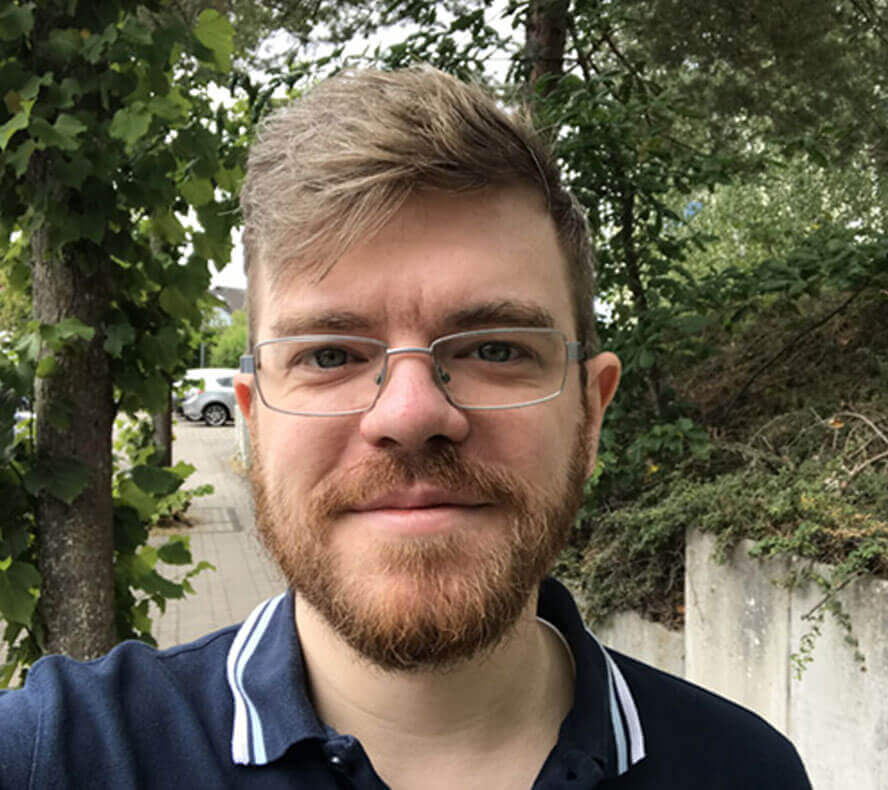

Example of the Puck game interface

Puck's game design interface and game description. You can play Puck's games with other people, or against Puck itself.
Levitation
Professor Sriram Subramanian, UCL
Royal Academy of Engineering Chair in Emerging Technologies at UCL (UK).
Before joining UCL Professor SriramSubramaniam has held faculty positions at University of Sussex (UK), University of Bristol (UK) and University of Saskatchewan (Canada). His research is driven by a vision to deliver novel multi-sensory experiences to users without instrumenting them with wearable or head-mounted displays.
Sriram is joined by:
- Dr. Diego Martinez Plasencia, Associate Professor, Department of Computer Science, UCL
- Dr. Ryuji Hirayama, Lecturer and UKRI Fellow, Department of Computer Science, UCL.
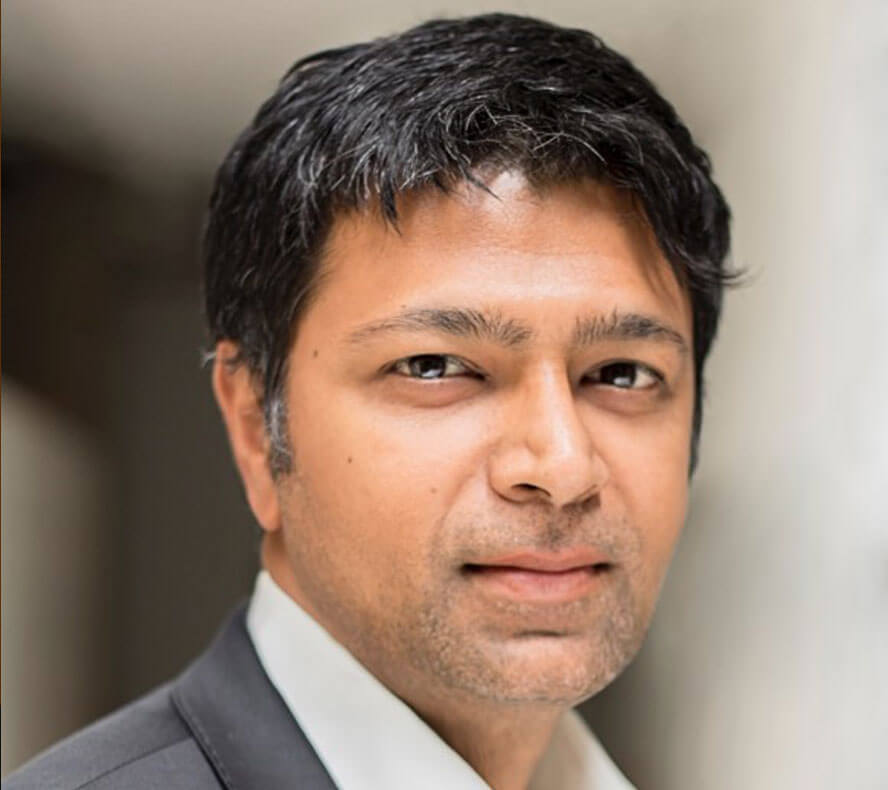

Using holography and ultrasonic speaker arrays an object is trapped in mid-air and becomes a shape that a user can see, touch and hear.
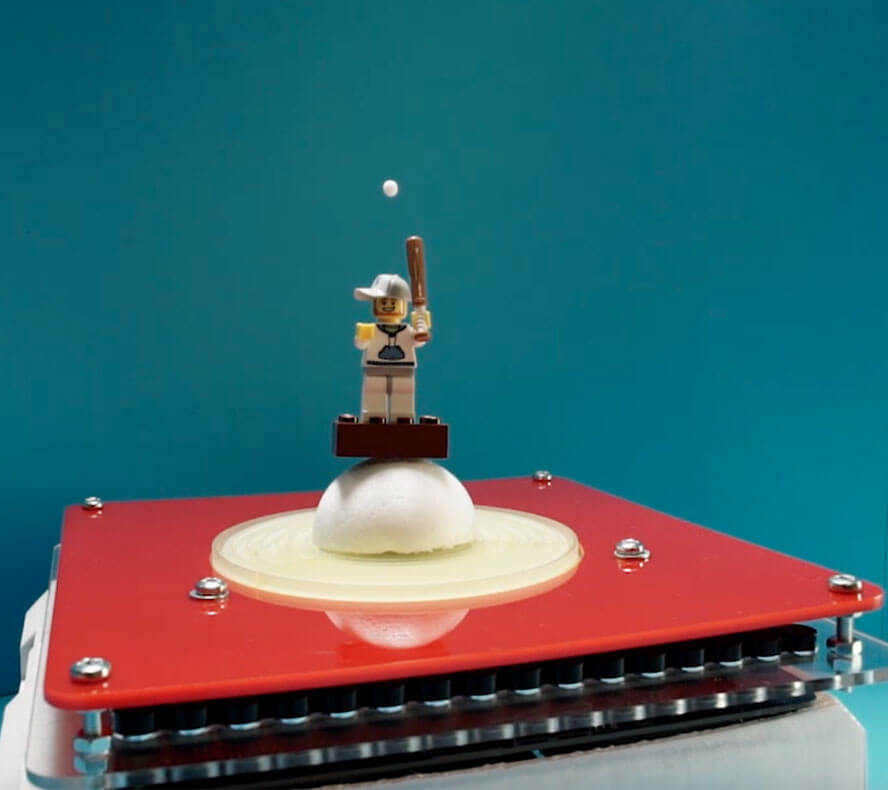
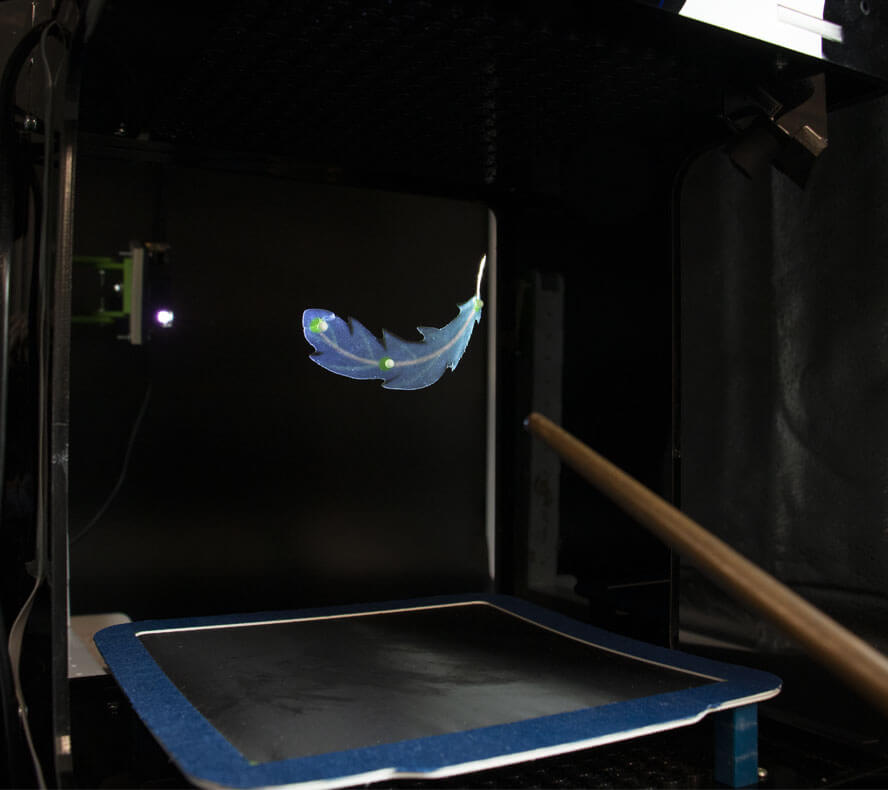
Smart flexible tension cables
Dr Pengzhu Wang
Dr Pengzhu Wang, RAEng Industrial Fellow works at Bridon Bekaert Ropes Group as the Principal R&D Scientist specializing in high performance and smart flexible tension members of ropes and cables. The RAEng Industrial Fellowships project, collaborating with Queen Mary University of London develops new materials and technologies for mooring systems for offshore wind platforms. Dr Wang is the Editor of International Journal of Rope Science and Technology.
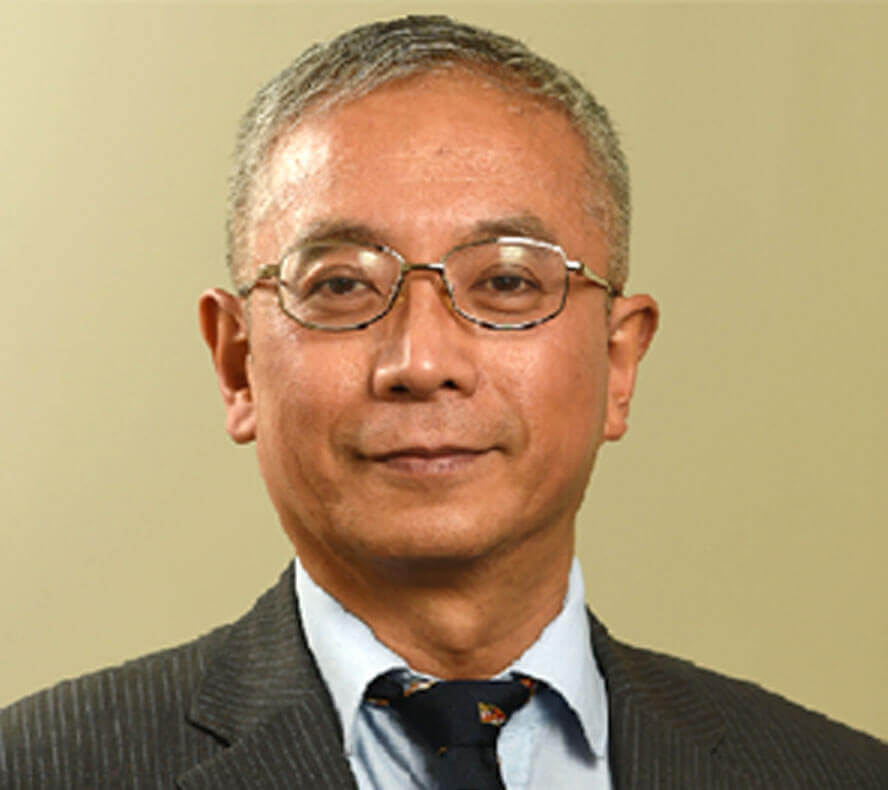
Dr Ishara Dharmasena
Ishara is a Royal Academy of Engineering Research Fellow and a Lecturer at Loughborough University. He received his B.Sc. (Engineering) degree from University of Moratuwa and PhD from University of Surrey specializing in triboelectric energy harvesting. His research focusses on smart textiles for remote health monitoring applications, energy generating textiles, wearable triboelectric nanogenerators, soft and flexible electronics.
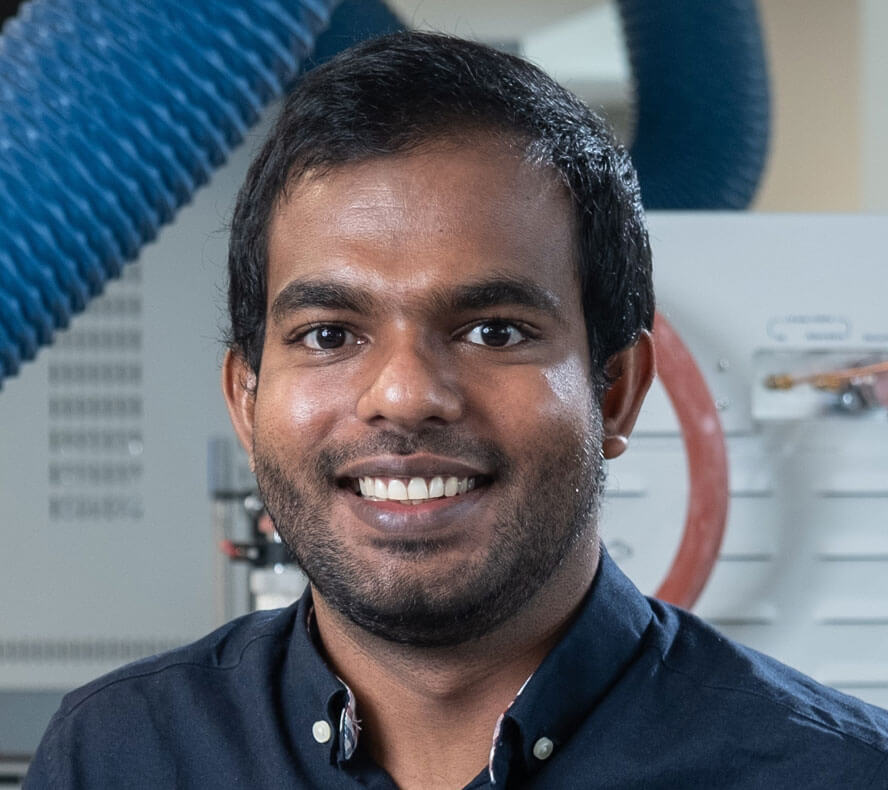
Dr Wei He
Dr Wei He is currently a Senior Lecturer in the School of Engineering, King’s College London. He received BSc and MSc from Xi’an Jiaotong University (China), and PhD from Queen Mary University of London. He was a postdoc at MIT (2017-2019) and an assistant professor in the University of Warwick (2019-2022). His research interests include energy storage, consumer energy decarbonisation, and global engineering for sustainability.
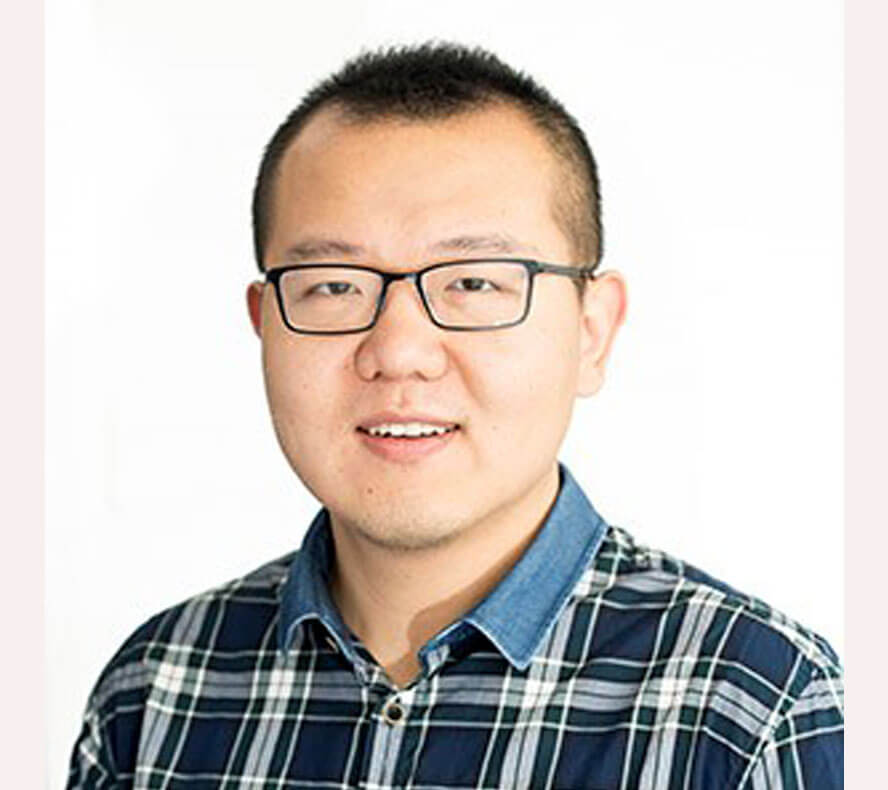
Dr Timothy Pelham
Dr Timothy Pelham
Combining computer vision, efficient electromagnetics modelling and radio channel measurements to provide a consistent understanding of the local environment for enhanced energy efficiency, reliability and security in future intelligent networks. Research focus for Dr Timothy Pelham at the University of Bristol, together with interests in next generation antenna array design, radar systems, and open source electromagnetics models (LyceanEM).
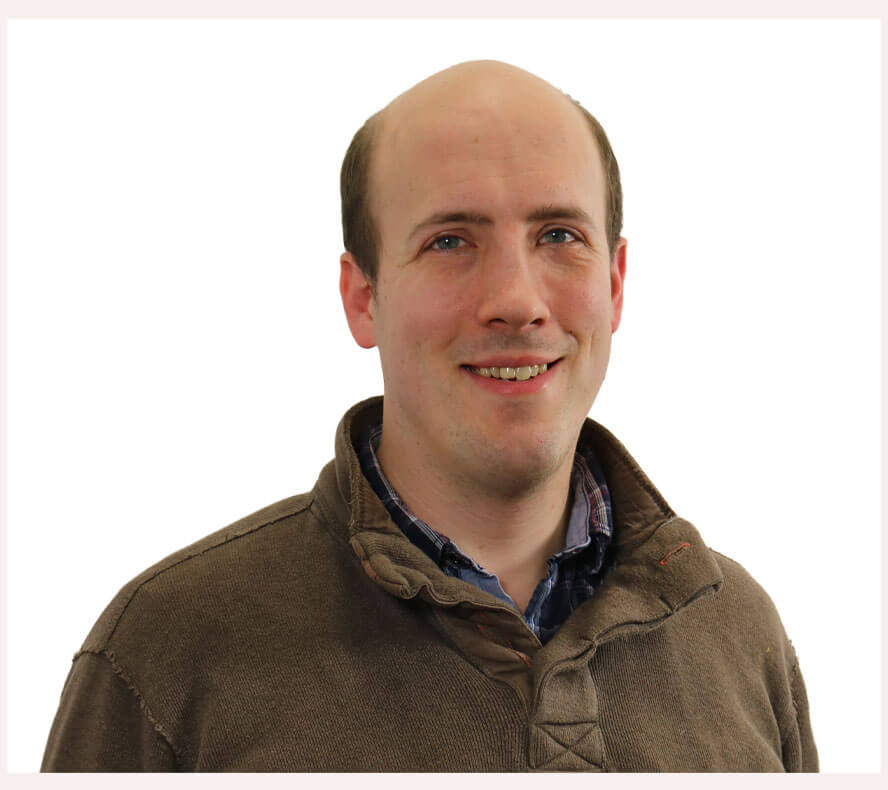
Dr Gerard Canal
Gerard Canal is a Lecturer in Autonomous Systems and a RAEng UK IC Postdoctoral Research Fellow at the Department of Informatics of King’s College London. He is a computer scientist (UPC 2013) and has a PhD in Robotics from UPC (2020) and a MSc in Artificial Intelligence (UPC, URV, UB, 2015). His research include Assistive Robotics, AI Planning applied to robotics and HRI, extended robot autonomy, robust behaviour execution and explainable robotics.
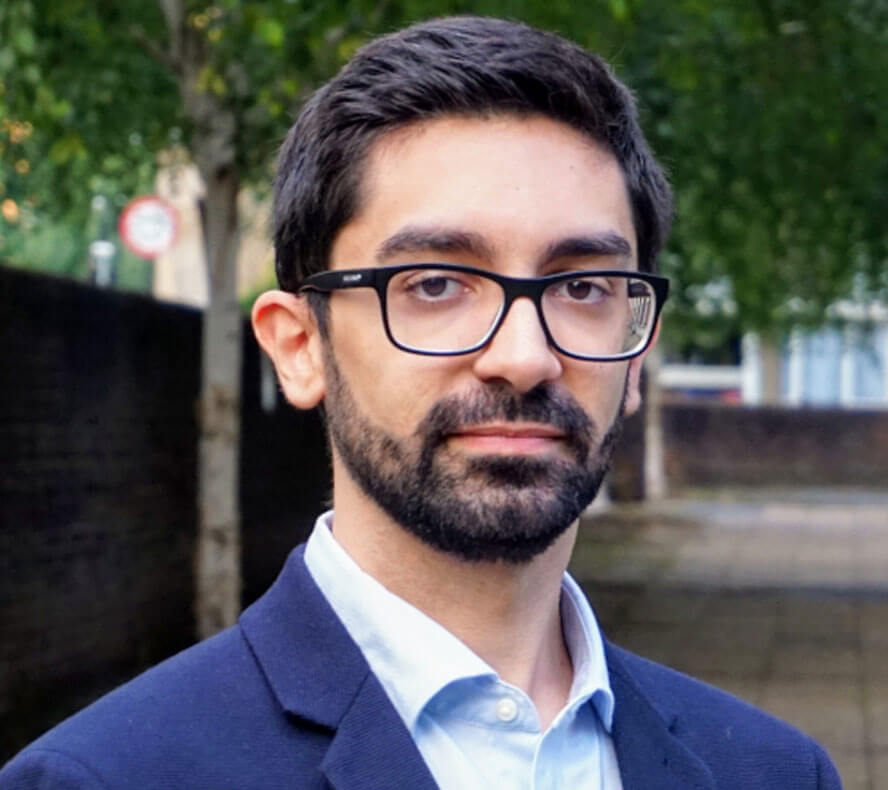
Dr Kevin Briggs
Kevin is an HS2 Ltd/RAEng Senior Research Fellow at the University of Bath. He is using the UK’s largest ever ground investigation (>100 km) to understand the engineering properties (e.g. strength and stiffness) of the Jurassic and Triassic mudstones underlying the HS2 railway. This will create a learning legacy of ground information to inform future infrastructure construction at reduced cost for the transportation, water and energy sectors.
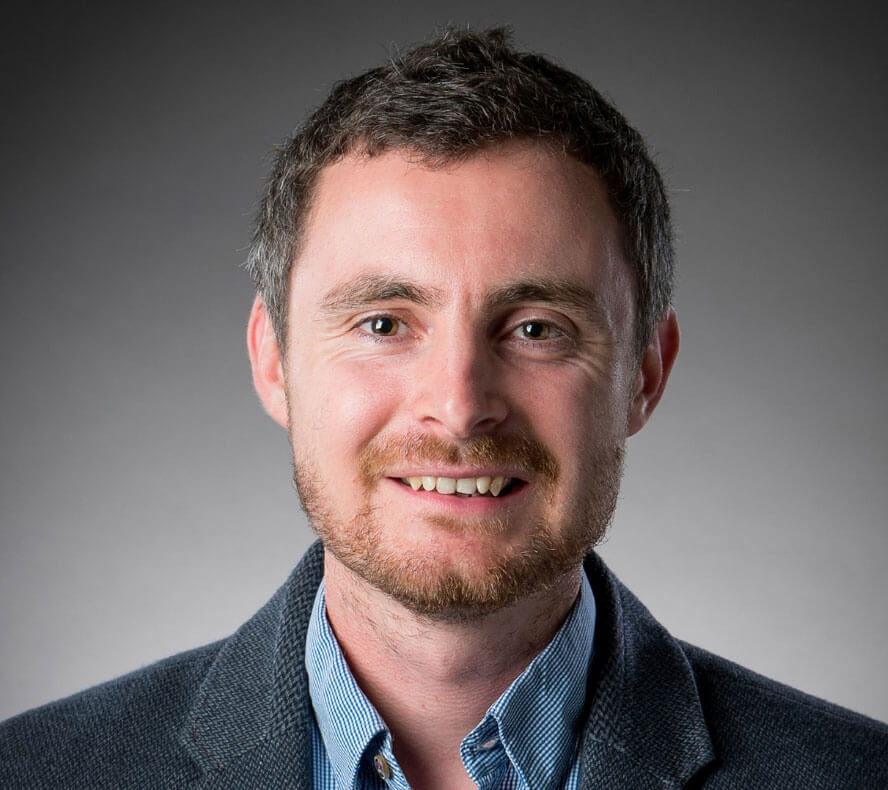
Our research programmes and awards
Support for research
The Academy runs a number of grants to support excellent researchers carry out engineering activities and to enable clo…
Programmes
The Academy runs an extensive programme of grants and prizes for engineers at every career stage in the UK. Through our…
